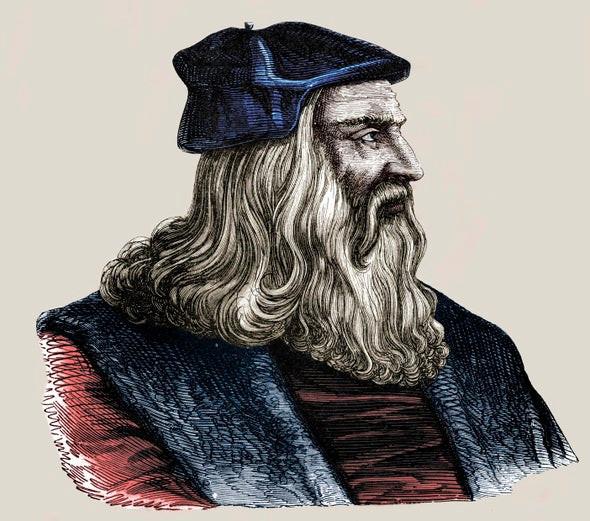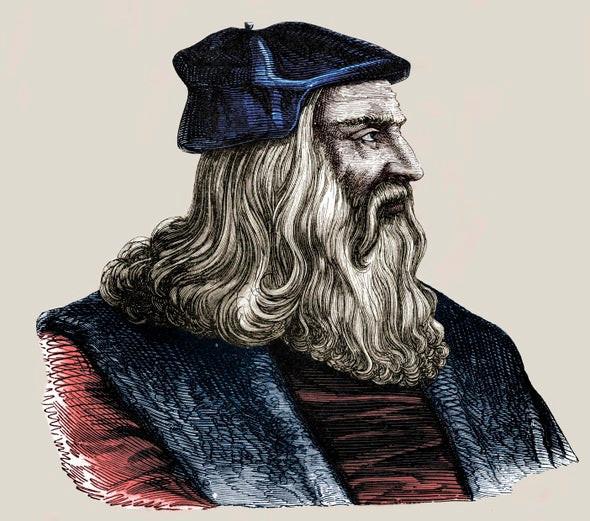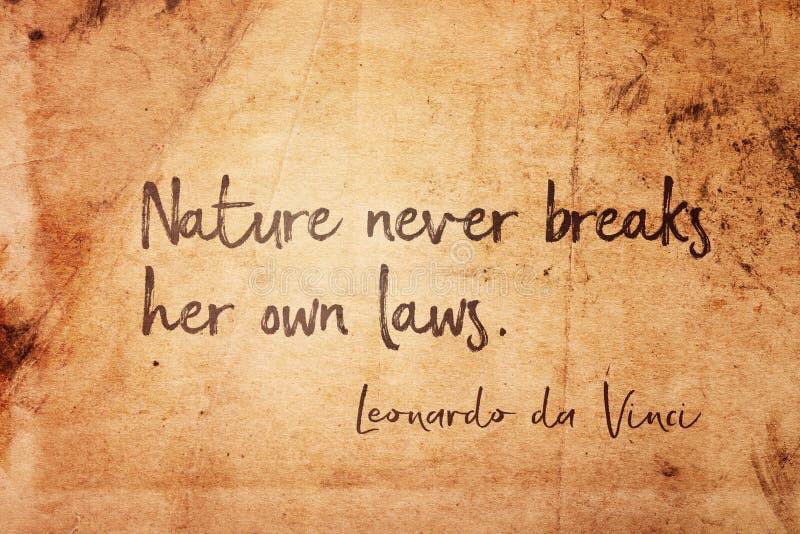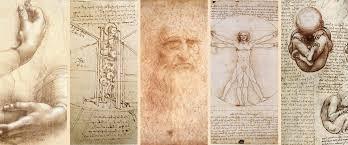Explore the World's Best Ideas
Join today and uncover 100+ curated journeys from 50+ topics. Unlock access to our mobile app with extensive features.
Leonardo da Vinci's meaning in our era
Each generation has interpreted Leonardo da Vinci, finding him remarkably modern.
We can consider Leonardo's meaning in our era. Leonardo's genius and symbol of the "universal man" stem from the breadth of his interests in the arts, science and technology. He discovered, among other things, acetone, the lumen cinereum of the moon, the centre of gravity of a pyramid, and working with plastics.
63
2.04K reads
Da Vinci's limitations
- He was defensive about his lack of formal education. He called himself a man without letters.
- He had trouble with basic arithmetic operations.
- His Latin skills were weak.
- He might not have performed well in a modern schooling system. He might have been diagnosed with conditions such as autism spectrum disorder or attention-deficit/hyperactivity disorder.
95
2.06K reads
A unified vision of nature's laws
Leonardo da Vinci’s science was grounded in the Aristotelian world. He developed a system of what he called the four powers of nature: movement, weight, force and percussion. While his ideas are archaic, he developed a coherent model for natural phenomena.
His ideas of the four powers informed his art and science, similar to today, where we seek to unify the laws of physics as we study natural phenomena from subatomic particles to the history of the universe.
72
1.81K reads
Visalised knowledge
Leonardo da Vinci's passion for the sense of vision was extreme. He writes in his Paragone, "The eye is the window of the human body through which the soul views and enjoys the beauties of the world. Because of it, the soul is content in its human prison, and without it this human prison is its torment".
Leonardo considered painting a science and the creative act of painting to visualise the world. He would strike a dusty table to describe the pattern by which the dust settled. He also performed dissections of the body.
87
1.59K reads
Faith in experience
Leonardo da Vinci relied on his senses for a meaningful experience.
He wrote in his Treatise on Painting: “To me it seems that those sciences are vain and full of error which are not born of experience, mother of all certainty, firsthand experience which in its origins, or means, or end has passed through one of the five senses. And if we doubt the certainty of everything which passes through the senses, how much more ought we to doubt things contrary to these senses such as the existence of god or of the soul or similar things over which there is always dispute and contention.
71
1.43K reads
Creativity in science and art
Creativity is essential to art and science. We can appreciate the many facets of Leonardo's creativity, and it can inspire us today.
In Leonardo da Vinci's time, "scientia" referred to knowledge and "ars" to manual proficiency. The modern distinction between the sciences and humanities did not exist as it does today. Leonardo considered the purpose of art to understand and depict the natural world as scientists would.
62
1.39K reads
IDEAS CURATED BY
Paige 's ideas are part of this journey:
Learn more about history with this collection
Leonardo da Vinci's creative process
How to approach problem-solving like da Vinci
The importance of curiosity and observation
Related collections
Similar ideas
3 ideas
Leonardo da Vinci the inventor
theconversation.com
6 ideas
What Made Leonardo da Vinci a Genius?
nationalgeographic.com
9 ideas
Four ways in which Leonardo da Vinci was ahead of his time
theconversation.com
Read & Learn
20x Faster
without
deepstash
with
deepstash
with
deepstash
Personalized microlearning
—
100+ Learning Journeys
—
Access to 200,000+ ideas
—
Access to the mobile app
—
Unlimited idea saving
—
—
Unlimited history
—
—
Unlimited listening to ideas
—
—
Downloading & offline access
—
—
Supercharge your mind with one idea per day
Enter your email and spend 1 minute every day to learn something new.
I agree to receive email updates



